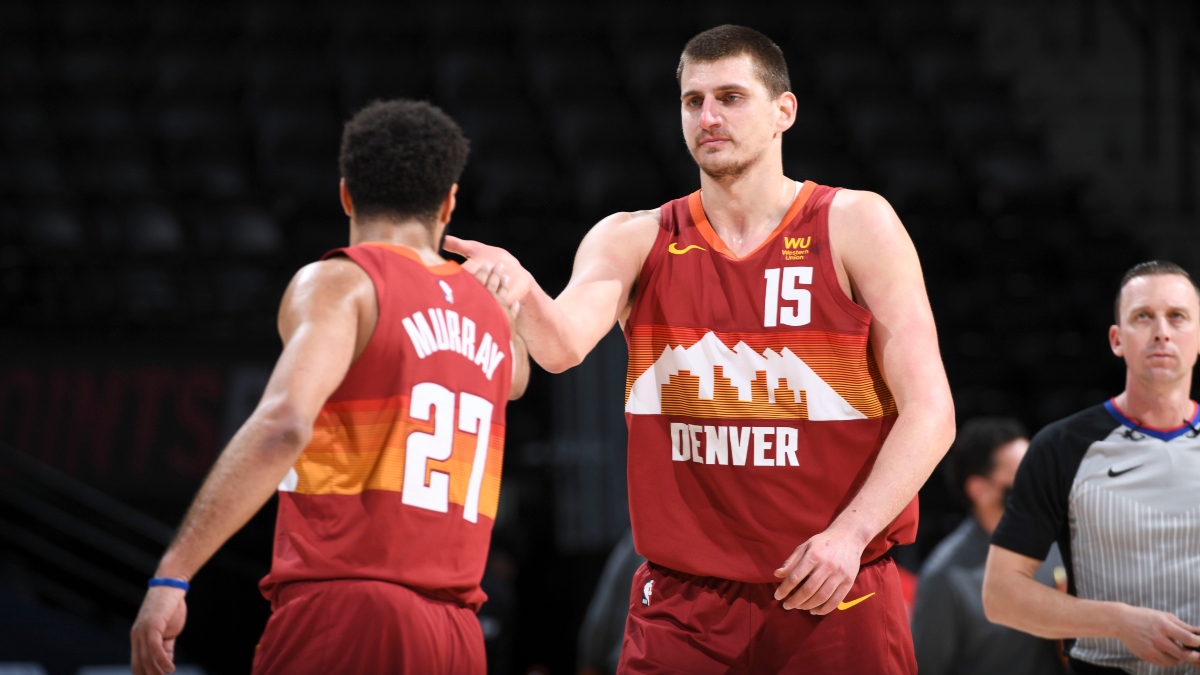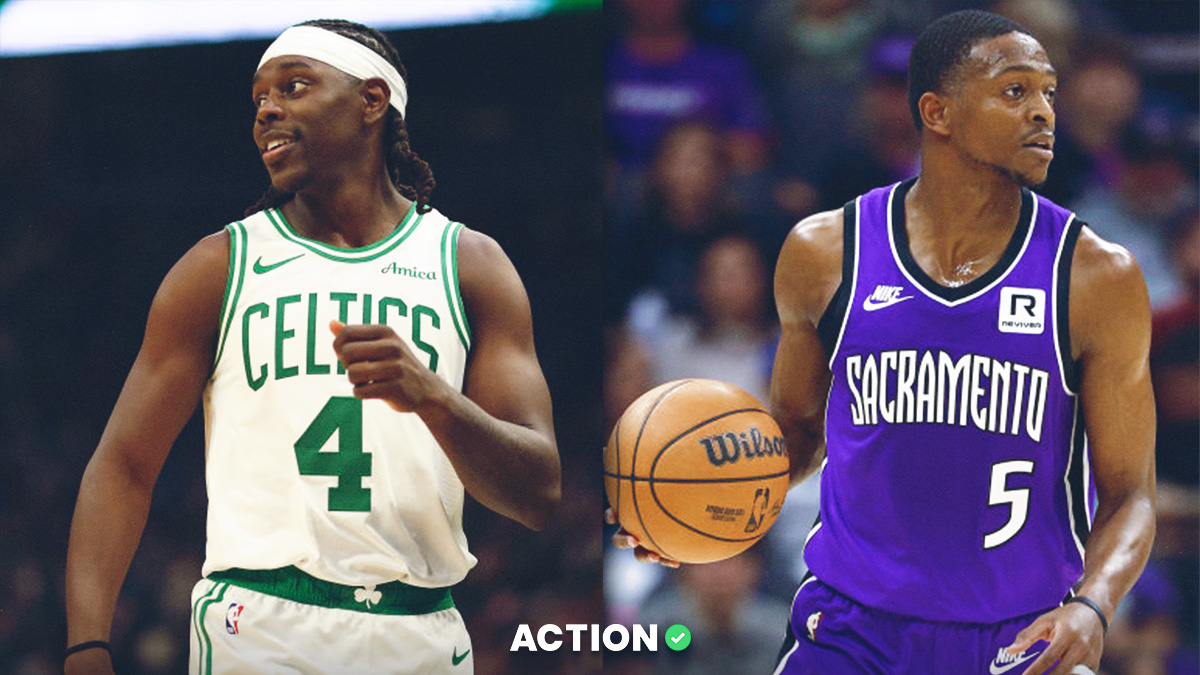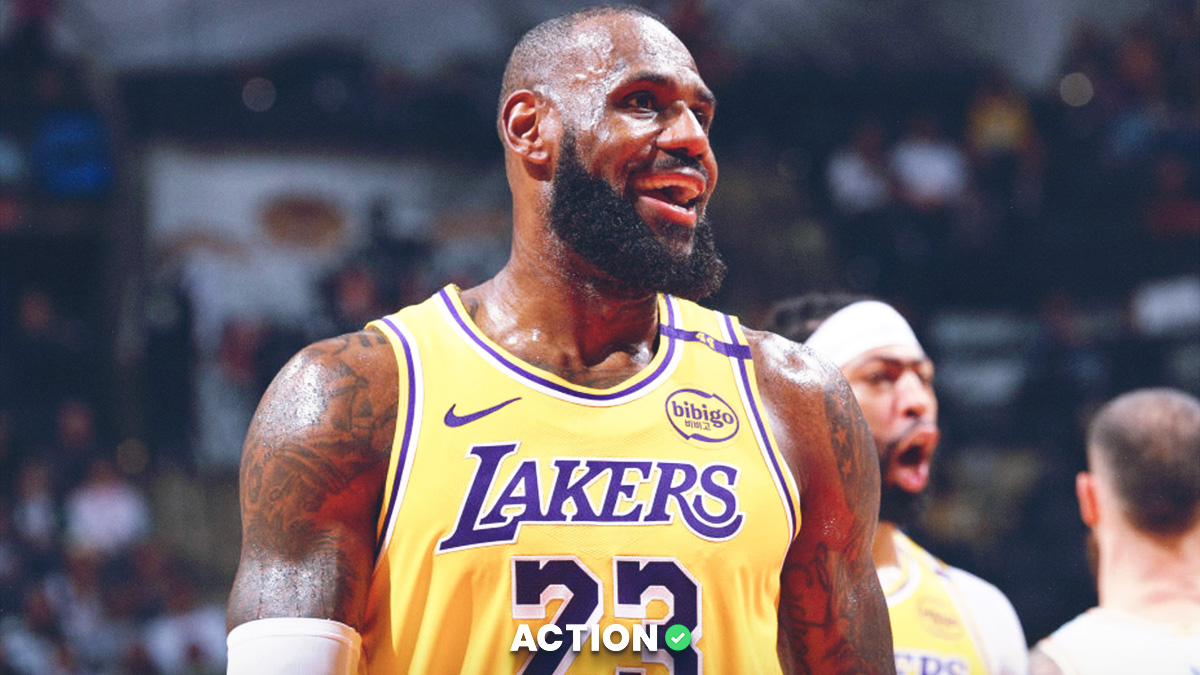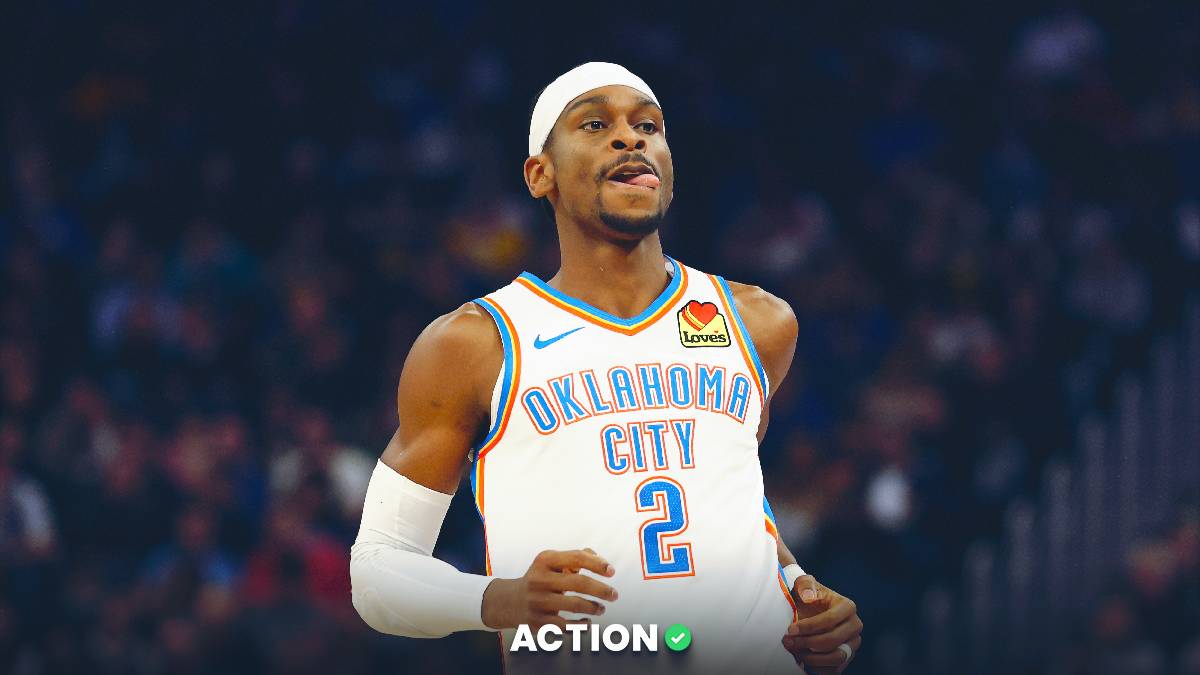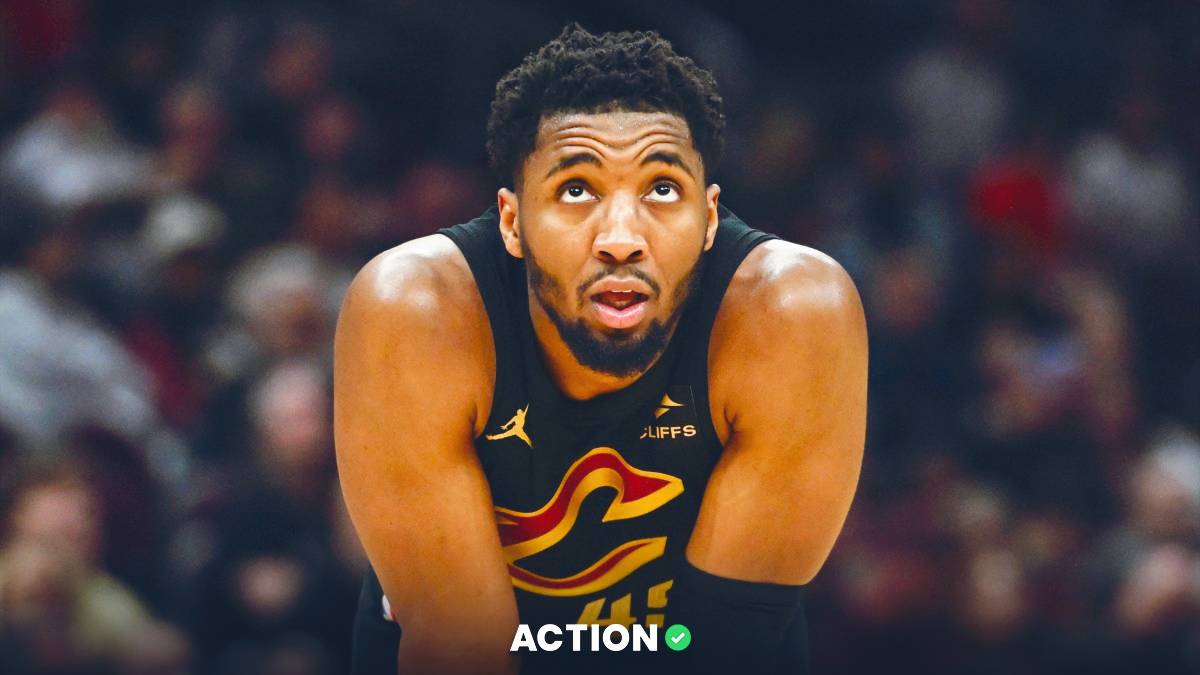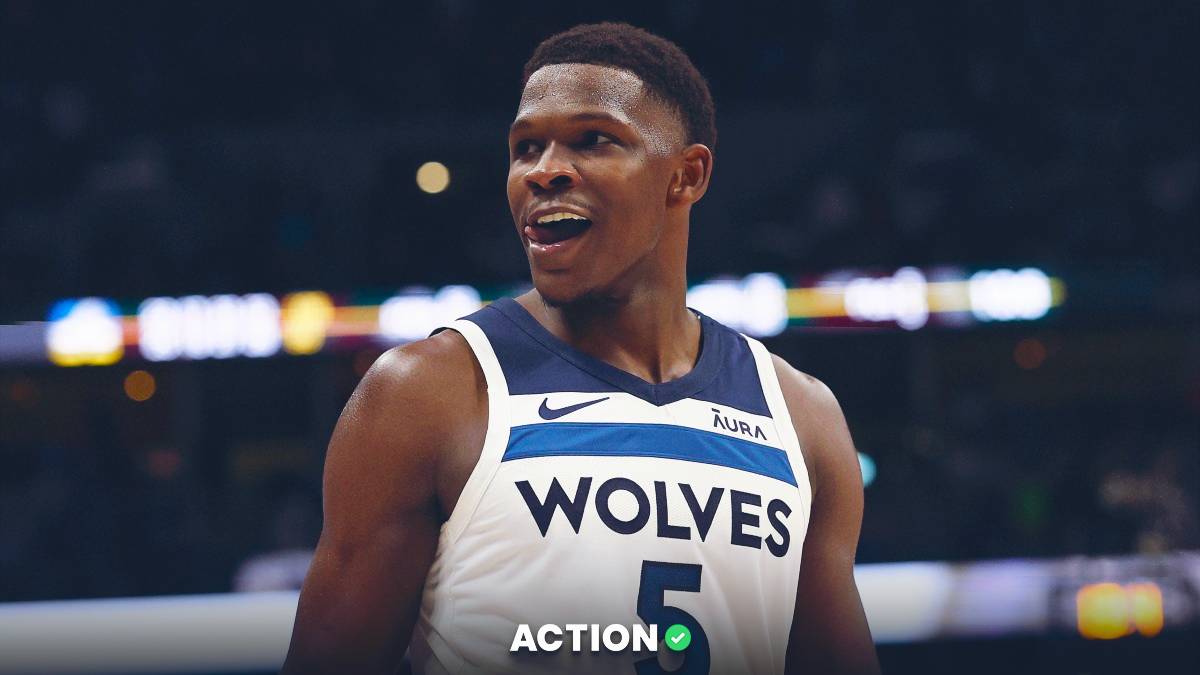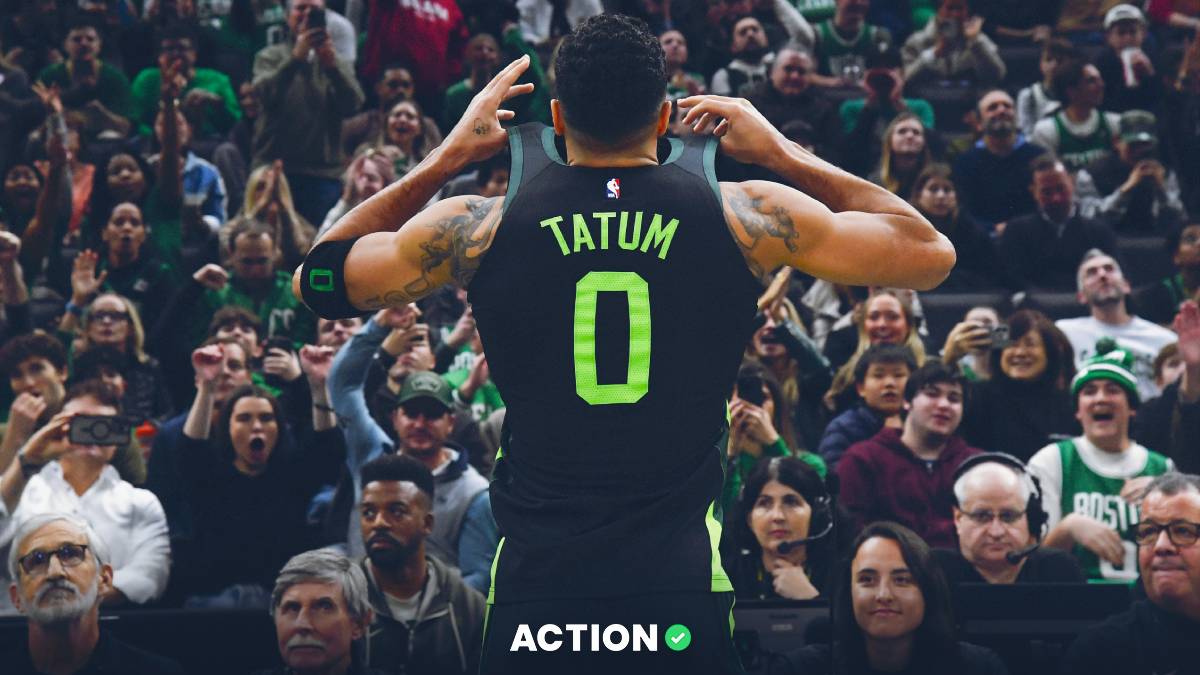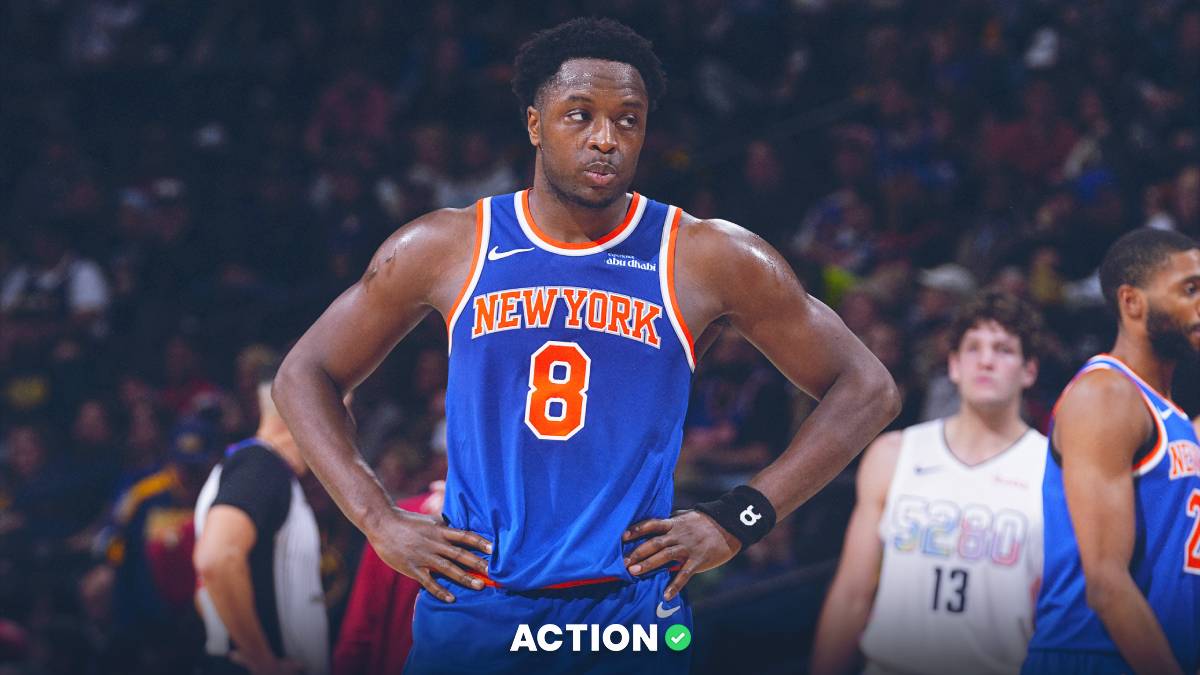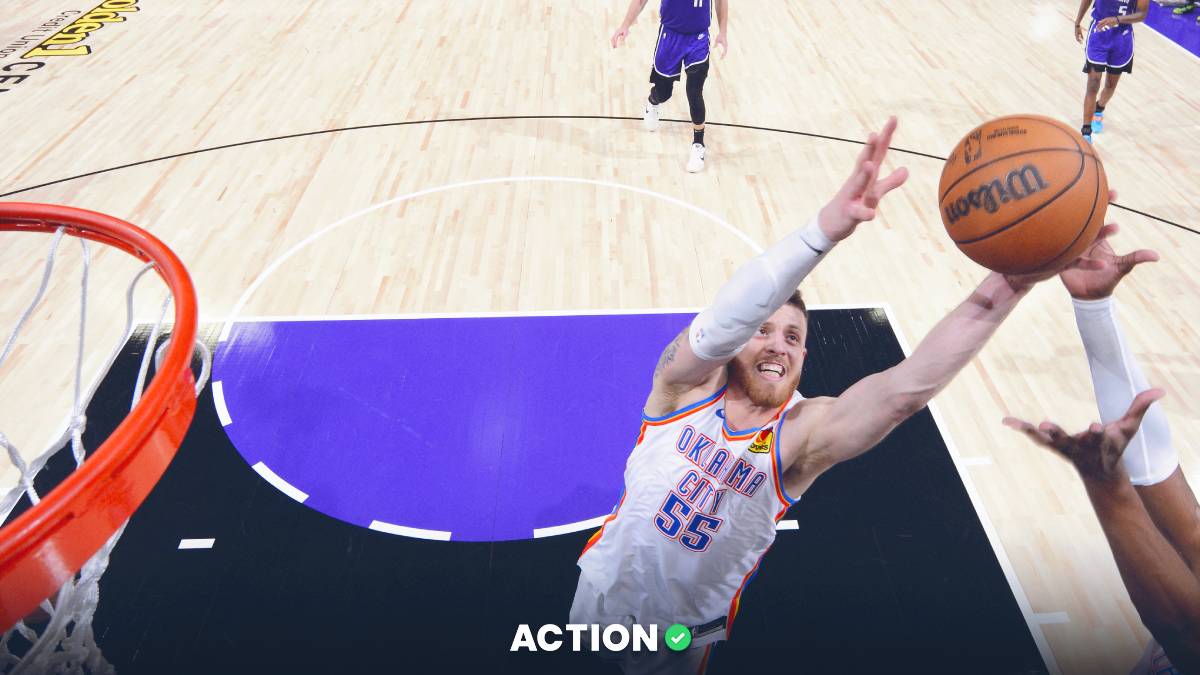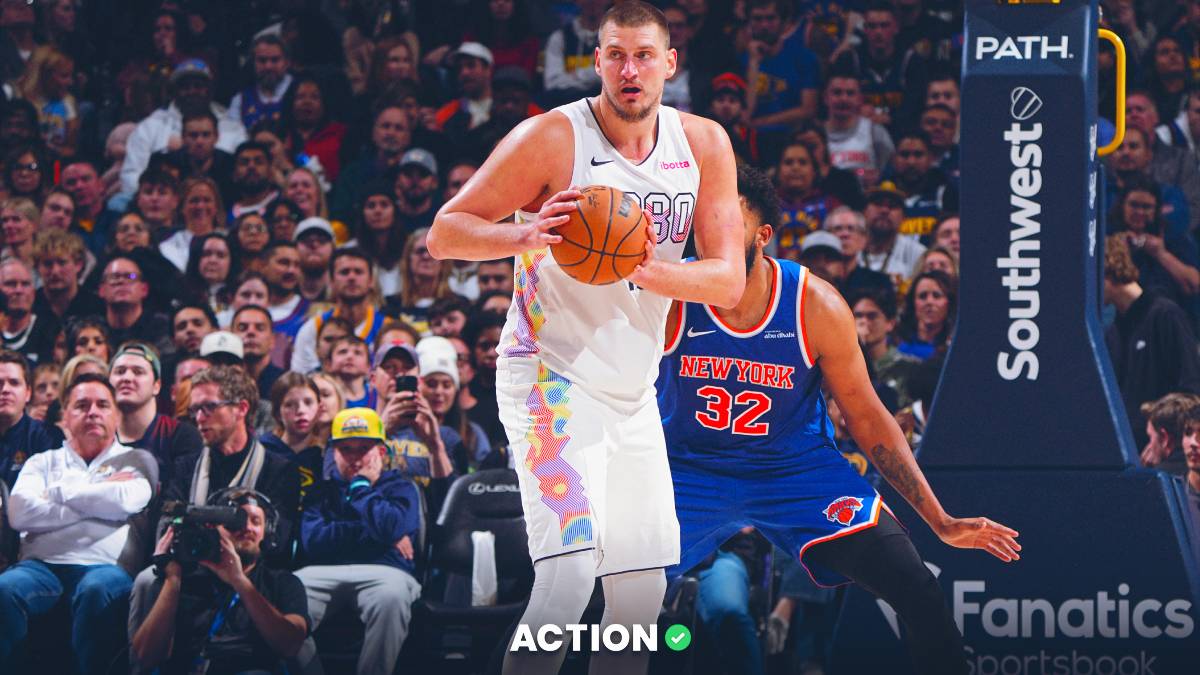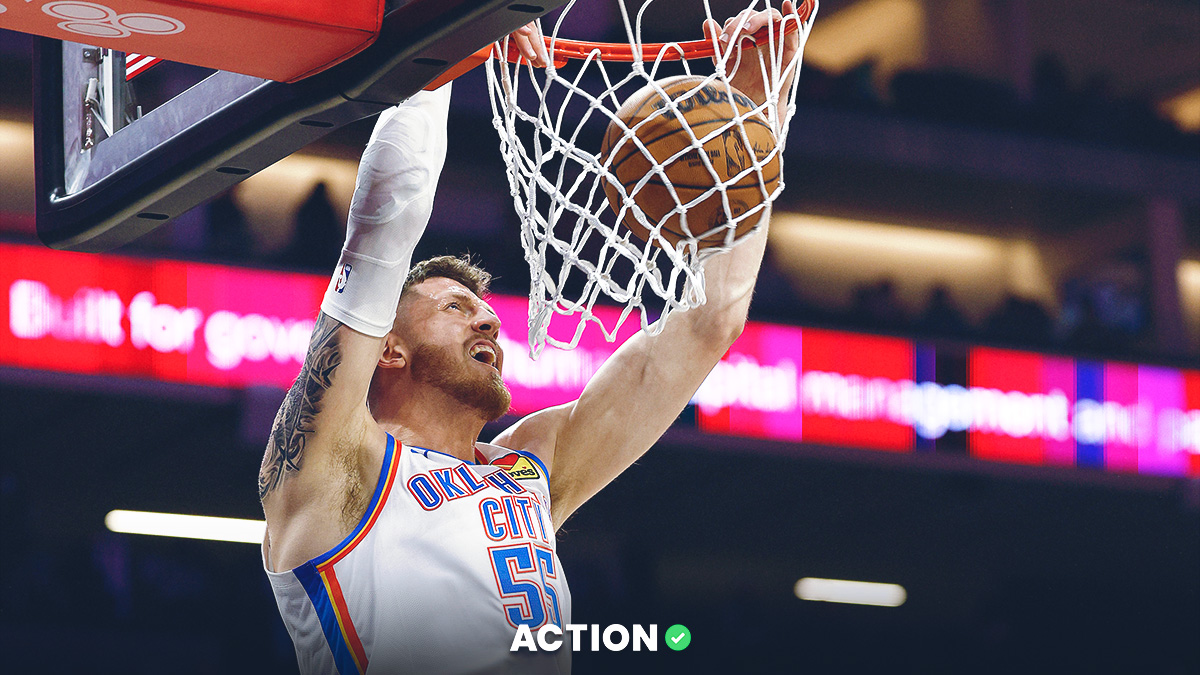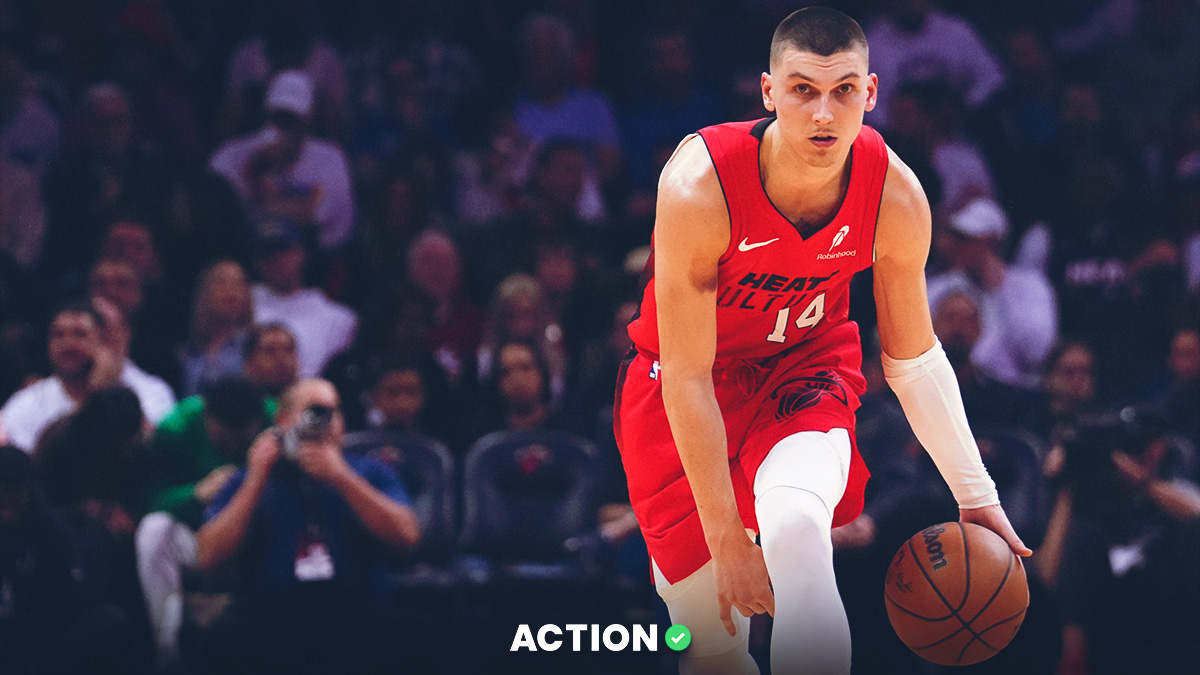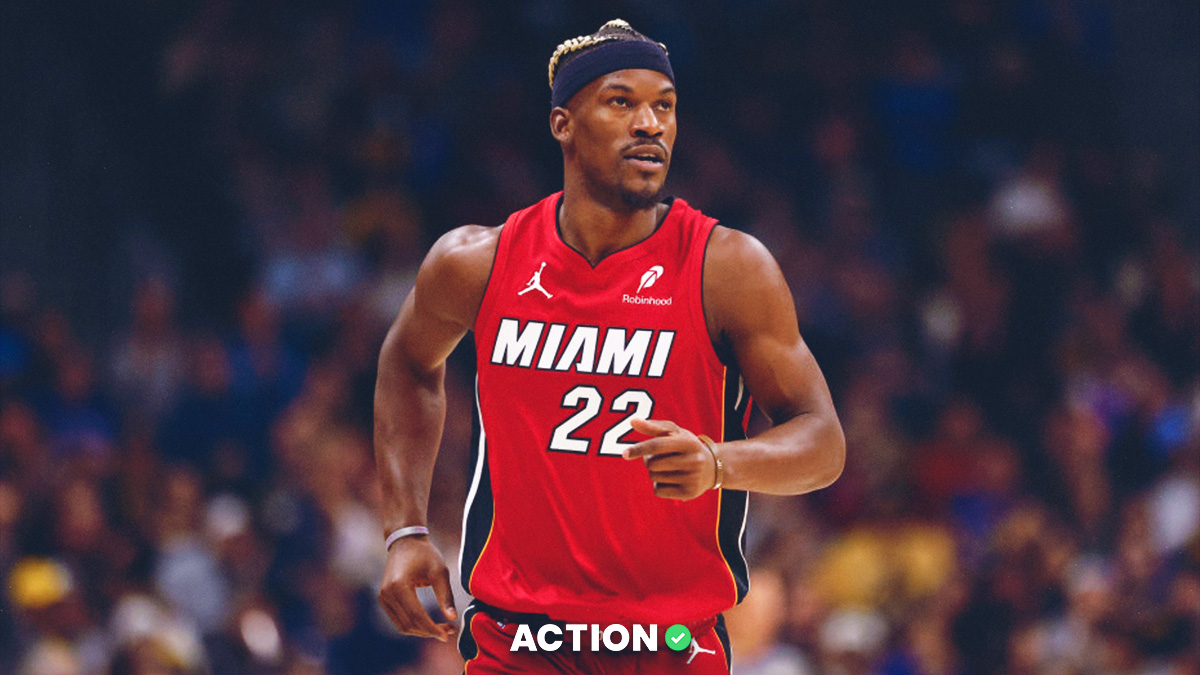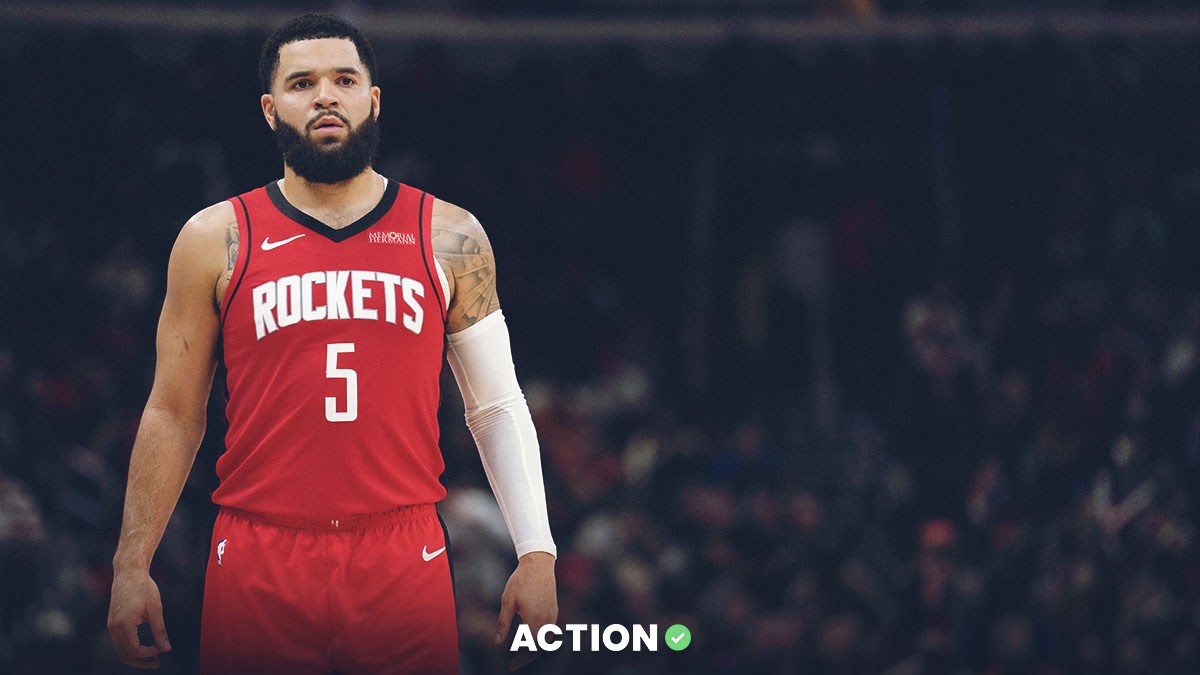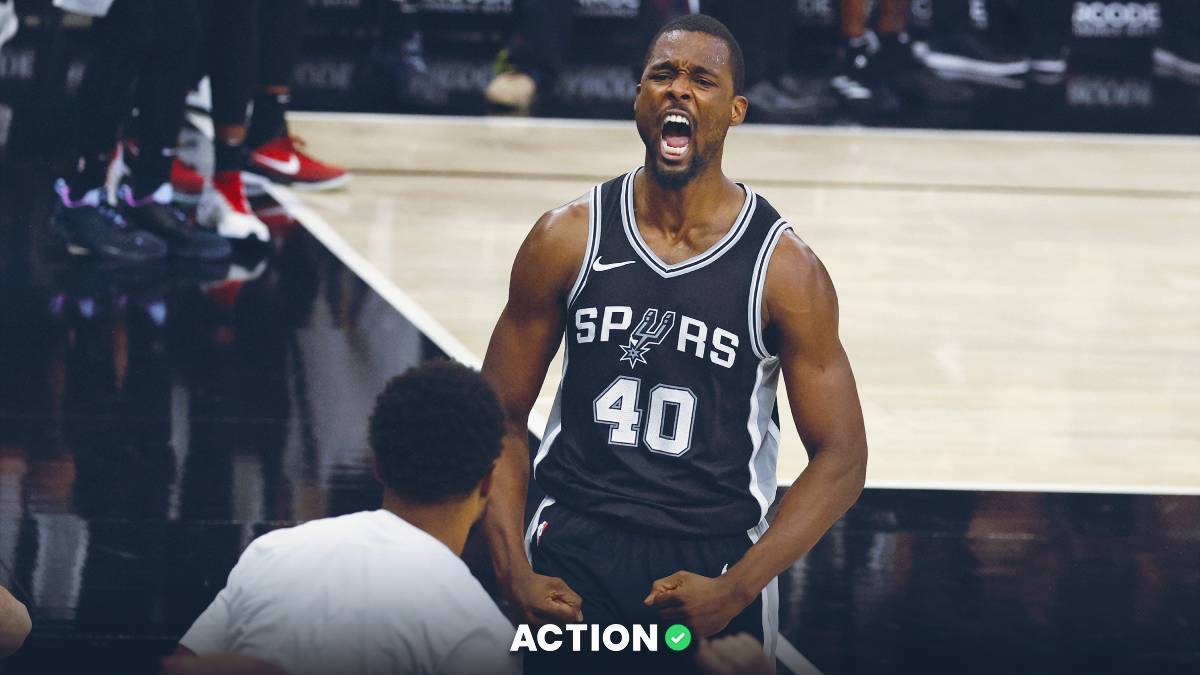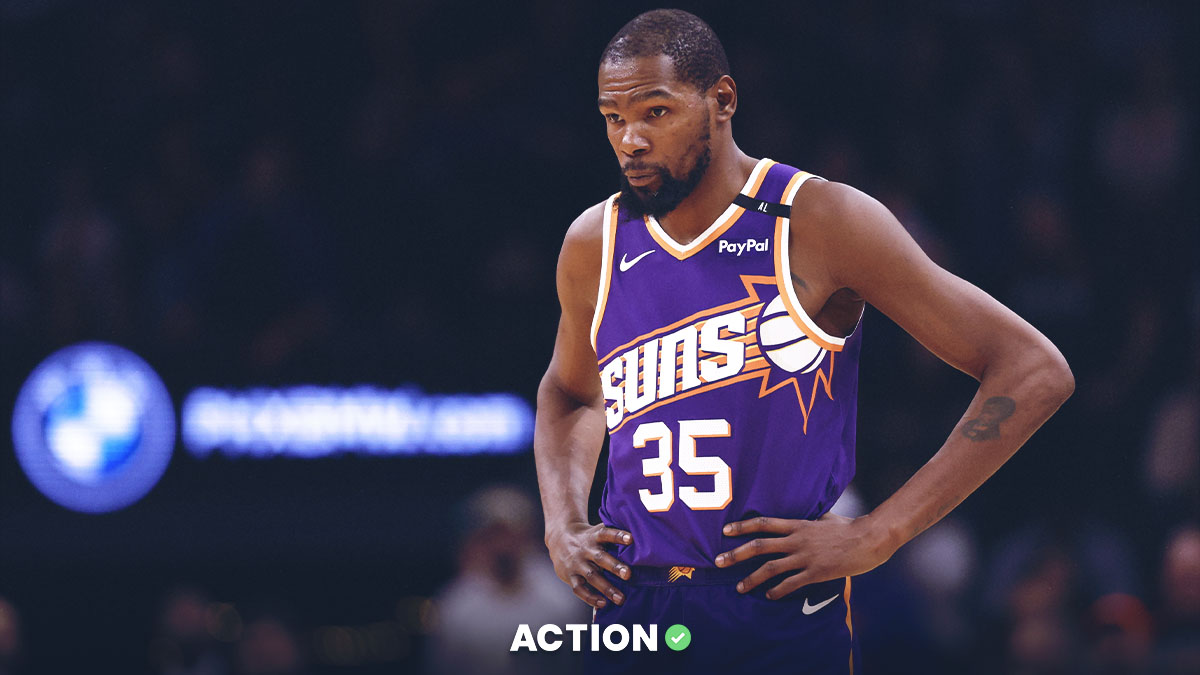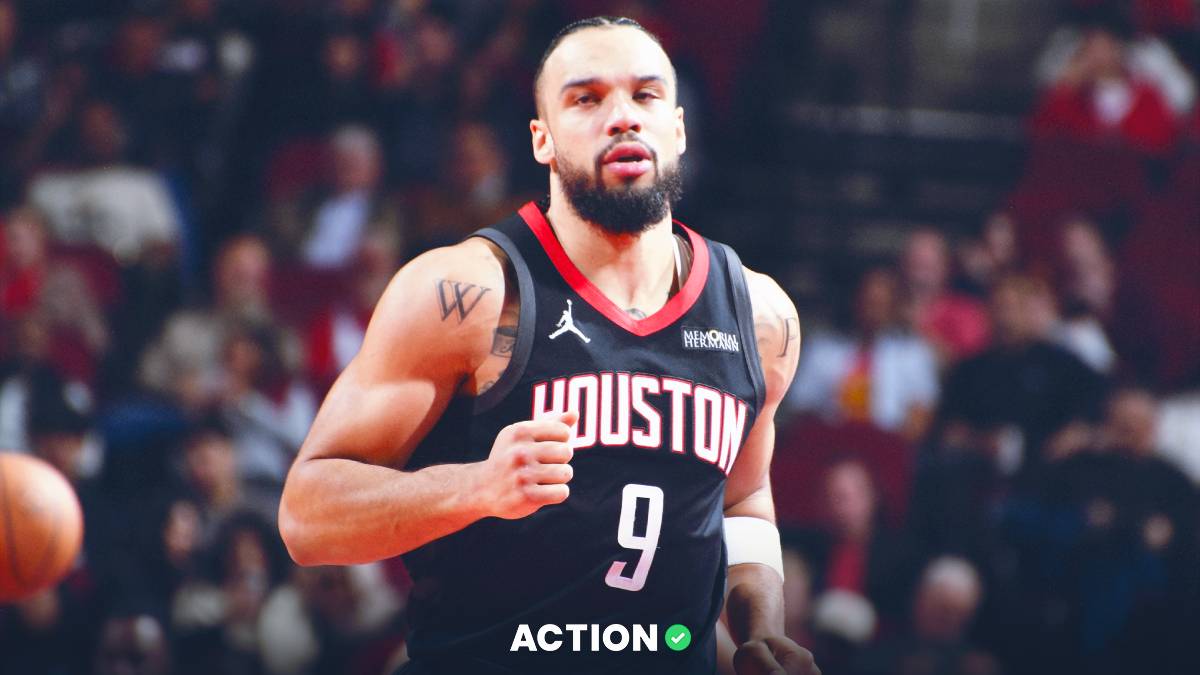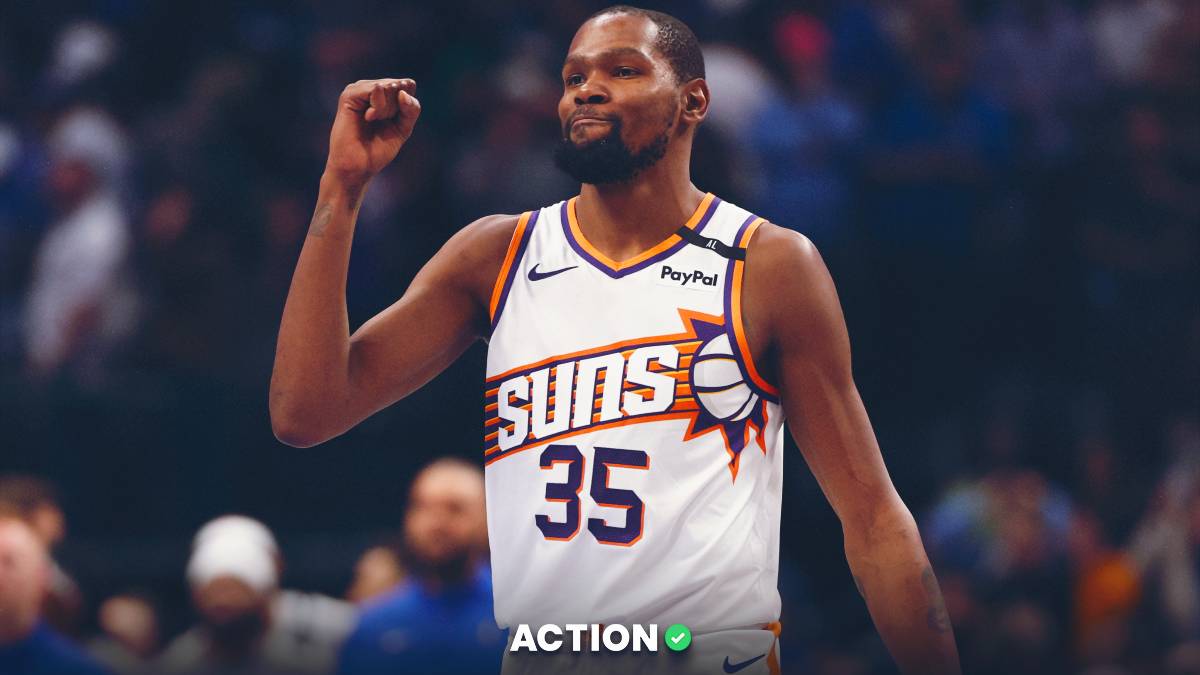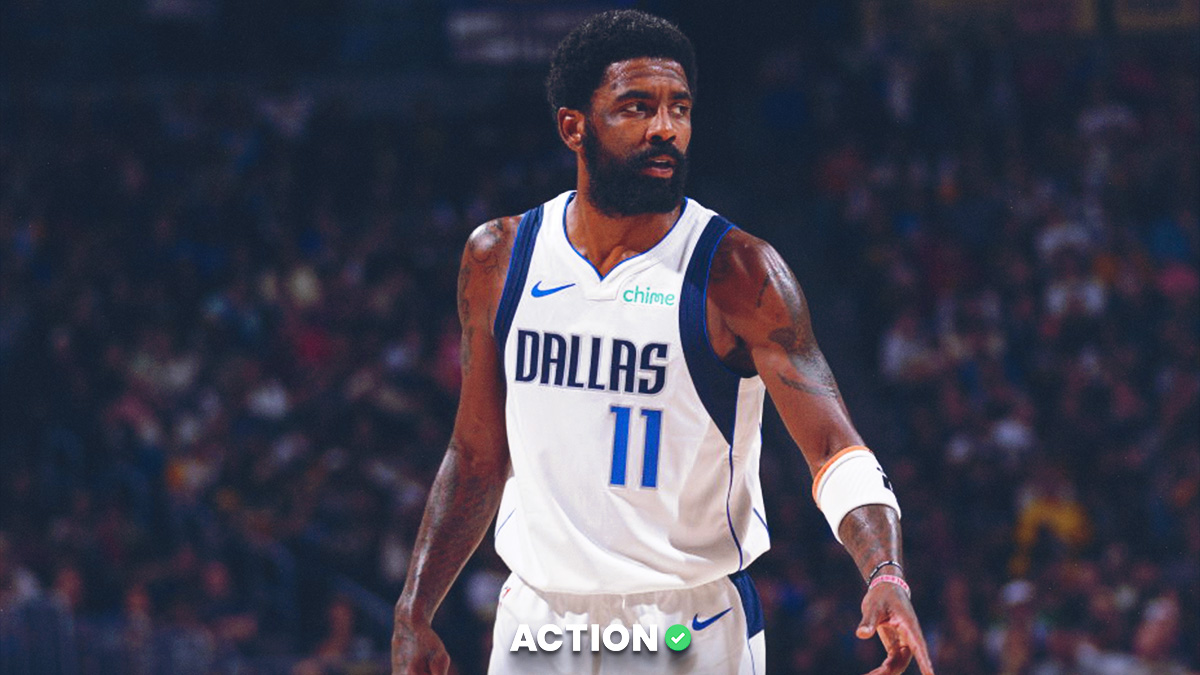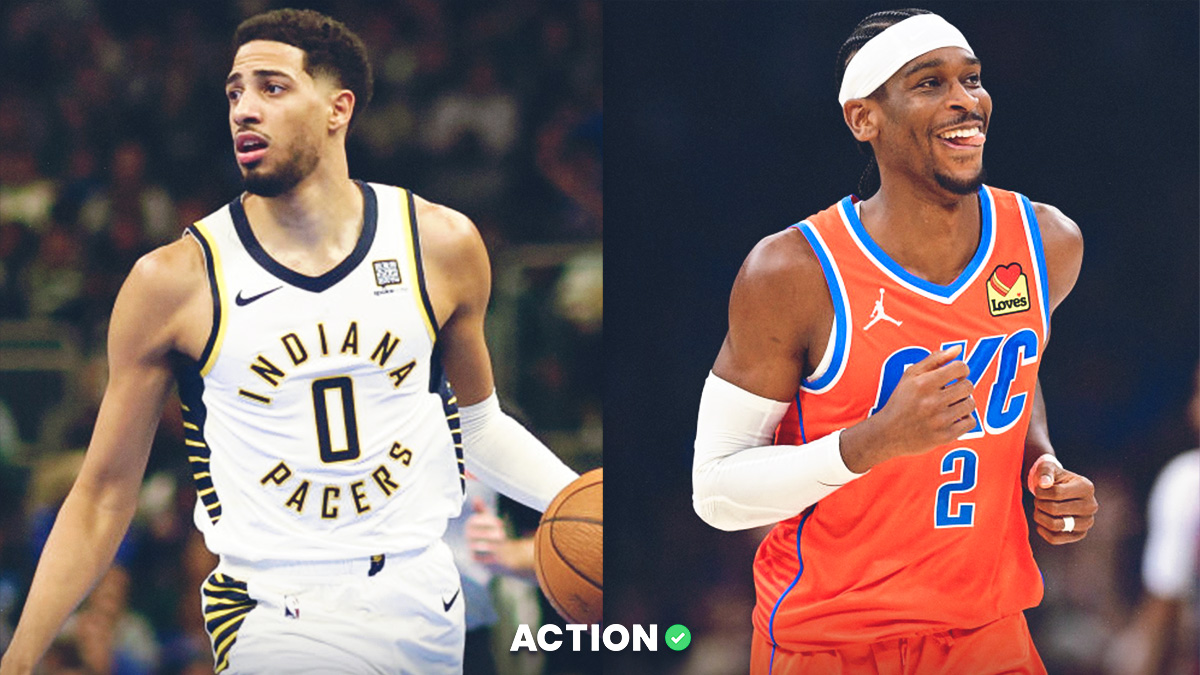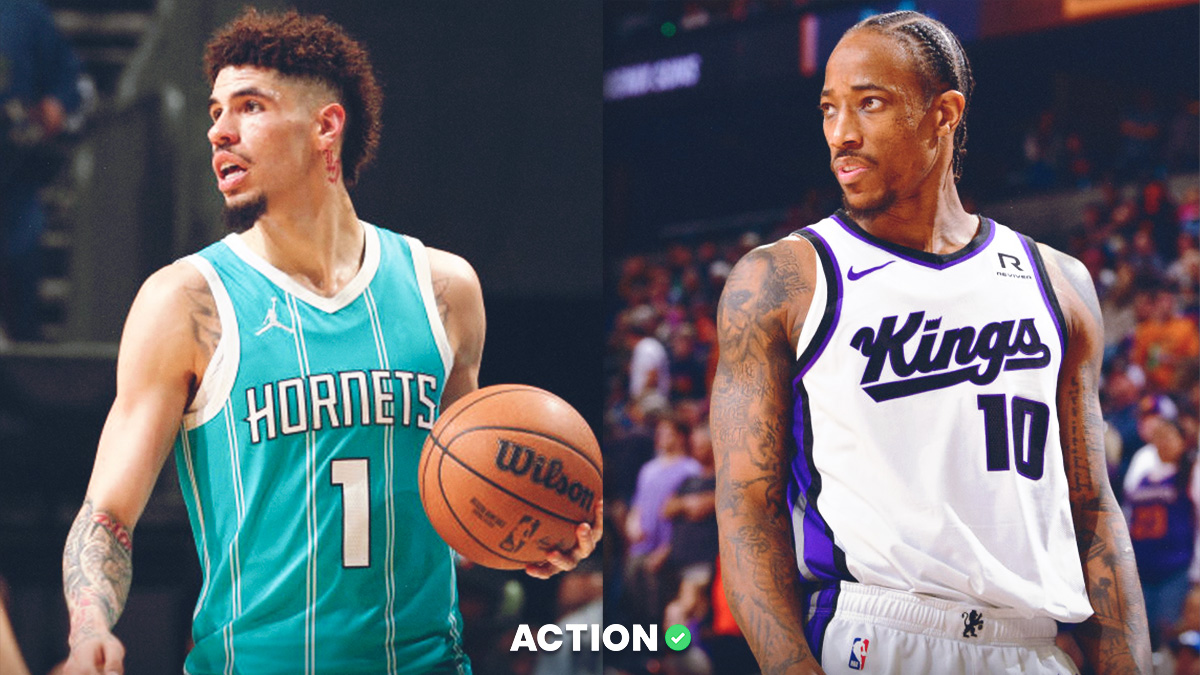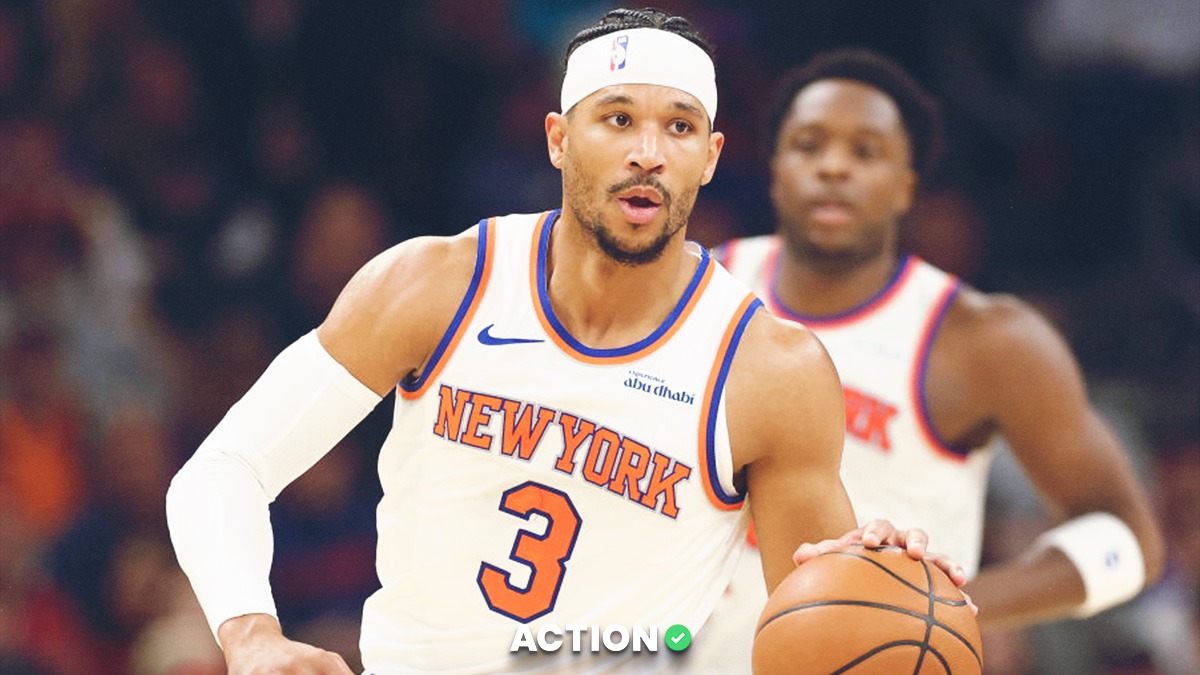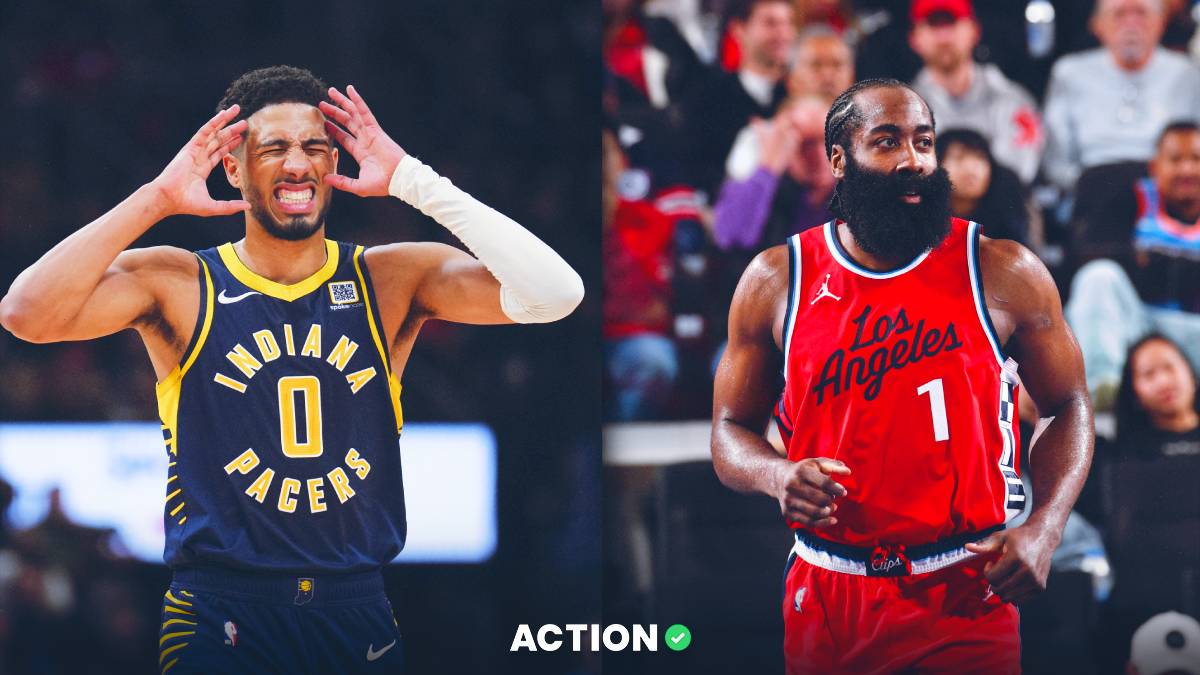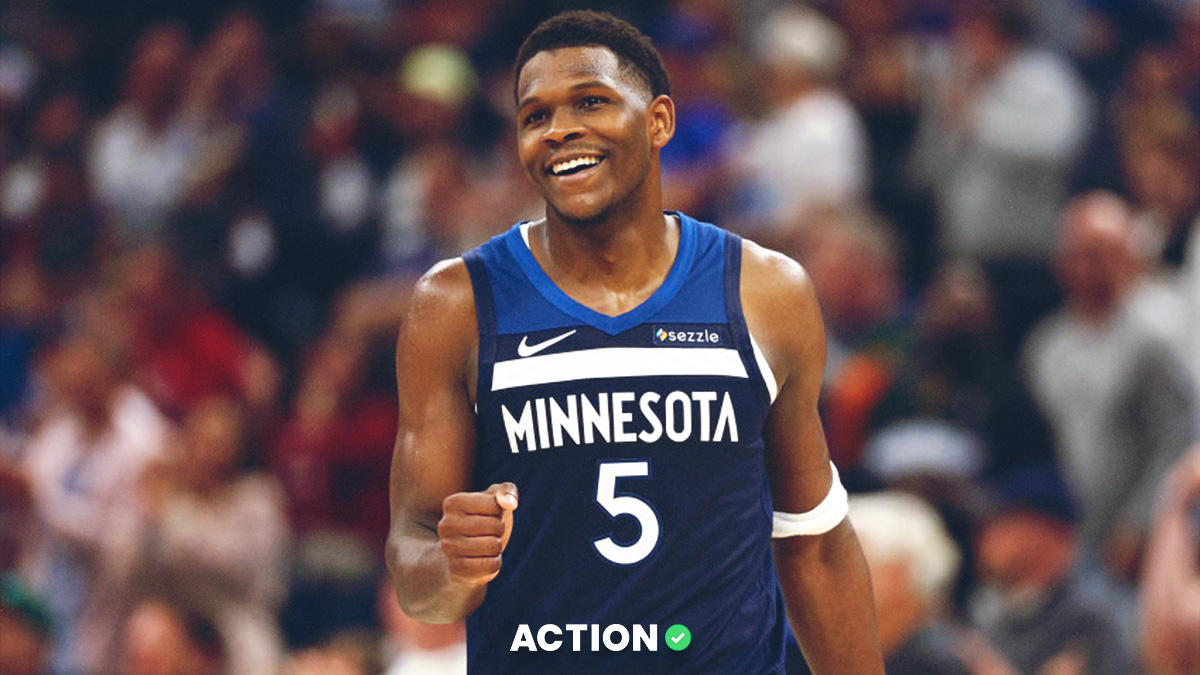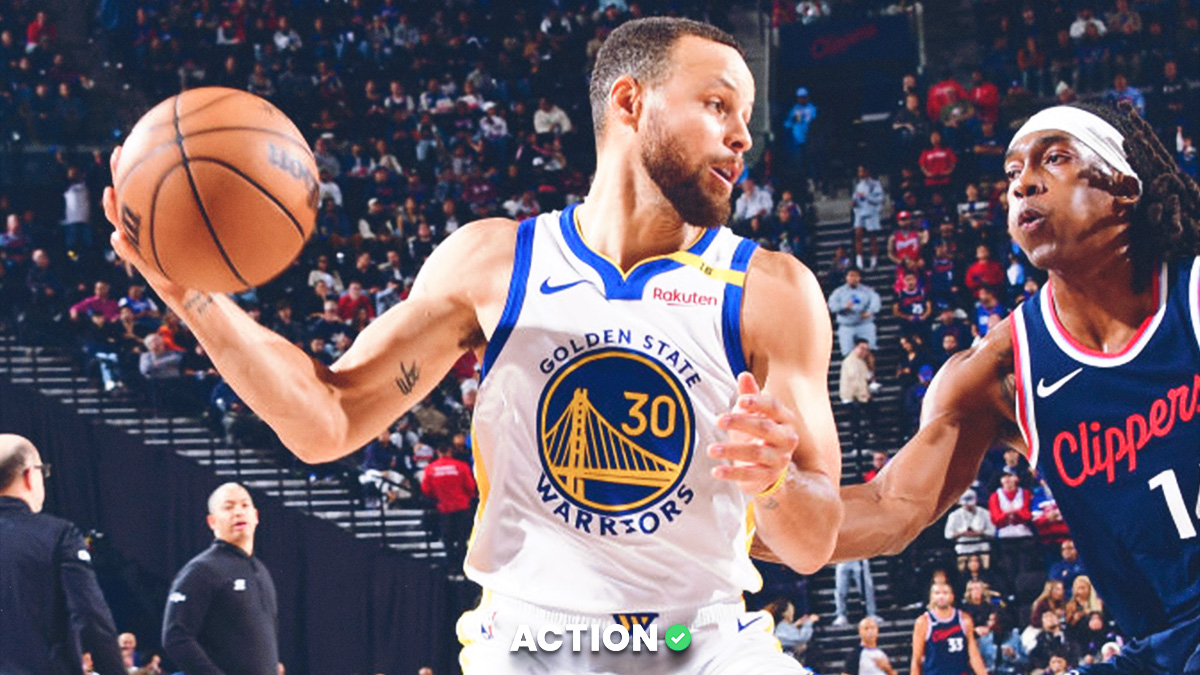We're near the end of the first half of the NBA schedule. The general landscape has skewed toward parity. The Jazz, Clippers, Lakers and Sixers have put themselves on another tier, while the Wolves and Pistons have fallen off the map.
Everyone else is in a fierce landscape where a three-game winning streak can put you in the thick of playoff seeding battles, and a three-game losing streak means you're closer to the top of the lottery.
The brutal schedule, combined with various injuries and COVID-19-related absences and no fans, has resulted in a weird season where every team goes from looking good to bad and bad to good nightly.
But there are good bad teams, those who play well despite overall being limited and flawed, and bad good teams who struggle to get out of their own way despite the talent and ceiling to compete with the best.
Here's a look at 10 teams and whether they're good bad teams or bad good teams.
Denver Nuggets
Denver has been painfully inconsistent. They lost to the Kings … three times. They lost to the Wizards twice. They have beaten the Jazz, Lakers, Warriors and Blazers. They are tied with Phoenix and Memphis for the most losses to teams under .500 in the top 10 of the Western Conference, while also having won by double digits in 12 of their 18 wins.
Denver hasn’t been a great team, but we can look at a few things through critical lenses.
Are the Nuggets worse than the Kings? No, right? So that’s three losses, including an overtime buzzer beater, that aren't reflective of their quality.
Denver likely is not worse than the Wizards, so that’s two more.
That’s five games that aren’t reflective of team quality; even if we only give them three of them, that puts Denver at 21-12, a half-game behind Phoenix for the fourth seed in the West.
The Nuggets have had their fair share of injuries. Gary Harris, Will Barton, Paul Millsap, JaMychal Green and PJ Dozier have all missed time. It isn’t easy to really point to that, though, this season when one is healthy. But Denver’s also thinner than last year, especially on the wing. Those injuries create a more precipitous drop this year than last.
In January, the Nuggets had the NBA's 10th-best defensive rating, but that slipped to 17th in February. Both are honestly better than what they feel like. That’s because, in wins, the Nuggets have the 13th-best defense at 104.6, and in losses, it goes to 26th at 119.9.
Nikola Jokic’s greatness this season is tough to really construe. He’s leading the league in Value Over Replacement player and is 10th in points, 12th in rebounds and seventh in assists per game. The Nuggets’ offense is 18 points better per 100 possessions with him on the floor.
Jokic has been the most important player to his team’s success this season and if Denver was better, he would be the leading MVP candidate.
But the Nuggets haven’t been better, and that presents a more worrisome diagnosis. If Denver can’t win more than 55% of their games with Jokic playing like this, what happens if he slips at all?
Still, Jamal Murray started slow and has been phenomenal over the last six games, while Michael Porter Jr. seems to be settling in finally. Denver has lost games in astonishing fashion, like the Wizards game with the worst final possession ever.
Denver is still flawed and vulnerable, but they’re not a bad team by any stretch. They’re also not an actually good good team. They’re definitely a bad good team.
Determination: Bad Good Team
Portland Trail Blazers
I polled several league sources on how the Blazers — without CJ McCollum and Jusuf Nurkic — had managed to get themselves to 18-10 before the four-game losing streak they just went on.
The consensus: “No clue. It’s impressive and inexplicable.”
The Blazers continue to hang on and compete, or at least they did until this last week when the wheels seemed to come off quickly. Bear in mind that the Blazers are four games over .500 with a -1.1 Net Rating. They are 22nd in Simple Rating System (SRS), which evaluates the strength of schedule vs. point differential. They’re behind the Grizzlies, Bulls and Hornets in that category.
There are certainly bright spots beyond the magnificent play of Damian Lillard. The superstar point guard has been as productive as last season, averaging 30 points and eight assists per game, with only a slight drop in efficiency in part caused by the added attention with McCollum out. Gary Trent Jr. has emerged as a serious perimeter threat with some real defensive chops, while Derrick Jones Jr. has been everything Portland hoped he'd be on both ends of the court when they acquired him.
But the defense is a train wreck. I also feel the need to stress that the defense was bad when Portland was full strength.
When Nurkic went down before McCollum, the Blazers were still 26th in defensive rating. There’s very little reason to believe the return of McCollum and Nurkic will help on that end.
Meanwhile, Nurkic being out has meant that the minutes Enes Kanter and Carmelo Anthony have shared the floor have been limited. Those two have given up 115 points per 100 possessions together.
Portland attempted to adopt a new scheme early this season, playing up at the level of the screen.
The results were disastrous.
The Blazers have given up more points per possession in that scheme than any team in the league. They’ve since gone back to a mix of drop coverage and icing the pick and roll (pushing ball-handlers toward the sideline and away from the middle), but they’re bottom seven in both those categories, as well.
There isn’t a scheme that can compensate for both their slow-footed bigs and small-bodied guards who struggle to get over screens.
Lillard is sensational, but Portland has had the 13th-ranked strength of schedule so far,reflected in their stellar 11-5 record vs. teams under .500. Their remaining schedule is the 10th toughest. The Blazers’ expected win total is 15 relative to their actual 18. That would put them at 15-17.
And yet, there they are, at 18-14.
Calling a team “bad” at 18-14 is pretty ridiculous. For as bad as their defense is, the Blazers are 7th in offensive rating this season. They have a top-10 player in Lillard. They have wins over Toronto, Philly (two), Golden State and the Lakers.
I don’t know how to explain it given the roster beyond Lillard and the overall profile, but this is a bad team with a good team's resume. So are they a bad good team or a good bad team? I honestly think they’re very much in the middle between the two, with the capacity to be either by the end of the season. They won’t be a bad team, and they won’t be a great team.
Golden State Warriors
Golden State are the anti-Nuggets. Where Denver is inconsistent vs. sub-.500 teams, the Warriors are excellent at 10-3. Where the Nuggets have a surprisingly good record vs. teams over .500 (10-9), the Warriors are 9-13. They beat the bad teams and lose to the good.
Shockingly, the Warriors’ struggles are on offense. Despite having the best shooter in the sport's history, the Warriors rank 21st in Offensive Rating.
According to Cleaning The Glass, the Warriors are ninth offensively against teams in the bottom 10 in net rating. They can execute against teams with worse personnel. But their dropoff is significant against teams that can slow them.
Interestingly, the idea of the Warriors before the season was of a team that might struggle in the regular season but be exceptionally dangerous come playoff time. That could still be the case, but Golden State looks like a team that doesn’t have the capacity to topple the big boys but is still solidly well-built, talented and well-coached enough to get through the regular season and potentially escape the play-in tournament.
Determination: Bad (Mediocre?) Good
Chicago Bulls
Oh, how I love the Bulls.
Chicago is 15-7 against the spread (ATS) as an underdog this season, 5-4 straight-up as a favorite and 4-4 ATS as a favorite. They have had the second-easiest schedule by strength of schedule (SOS) this season, leading to their being 21st in SRS. Early this season, the Bulls were just constantly tripping over themselves. They lost to the Kings by four, Thunder by two (in a monumental, soul-breaking-if-you-bet-them collapse), Blazers by one and on and on.
They've turned it around in their last 15 games, going 8-7, with the 14th-ranked offense and the 11th-best defense. They have the 13th-best pick-and-roll offense, despite no roll threat to speak of, as both Lauri Markkanen and Wendell Carter Jr. have played poorly off the roll. They have the eighth-best half-court offense in the NBA, and Zach LaVine has been flat-out my favorite player to watch this season.
Chicago went 8-6 in February, with their only terrible loss to Orlando. Otherwise, they lost to the Clippers, Sixers, Suns, all better teams, and the Knicks and Wizards in what are essentially coin flip games given Washington’s improvements.
The Bulls’ bench has been phenomenal. Thaddeus Young was on the trade block last summer and has been invaluable to Chicago’s success. The combination of LaVine and Young has a +8.9 net rating with a 120 offensive rating this season. Take out Coby White from those lineups, and the Bulls become a monster, with a 123 offensive rating and a 104 ([) defensive rating.
This isn’t even really White’s fault. He’s young and learning to play guard. He’s still learning timing and how to control the game. The problem is that he spends a lot of time on the floor with the starters, which sinks the unit. Chicago would likely be better off short-term by putting White off-ball with the bench unit and playing more veterans (like Young and Tomas Satoransky) with the starters.
Chicago is objectively not as good of a team as the Nuggets or Warriors, but they are more fun and, honestly, more consistent. Chicago is 11-6 vs. teams under .500 and 4-11 vs. teams at or over .500. They lose to teams better than them, and they beat teams worse than them. Those numbers are even with the losses to Orlando and OKC.
I’m not even sure the Bulls are a bad good team; they might just be a mediocre good team. I’ll put them as bad good right now, but I love the direction of this team. The only question is if the new president of basketball operations, Arturas Karnisovas, will keep the team together or sell high on the various parts.
Determination: Bad Good Team
Charlotte Hornets
Ugh. This friggin’ team.
I refuse to believe this team is good. R-E-F-U-S-E.
The Hornets are 17th in offense and 21st in defense per Cleaning the Glass. They are 1.7 wins above their expected total, meaning they have outperformed so far. Charlotte is 20th in SRS, though, above the Bulls and the Blazers. They have wins vs. Phoenix, Golden State, Miami, Milwaukee (?!) and Indiana.
The Hornets have a better record vs. teams over .500 than Indiana! They have as many wins vs. teams over .500 as Milwaukee[
And yet, the Hornets are 15th in point differential vs. the bottom-10 teams in the league in Net Rating, per Cleaning The Glass. They have the 24th-ranked defense vs. objectively bad teams.
Charlotte feels very much like they have benefited from catching teams at the right time and playing over their heads. But at the same time, they are almost as good vs. the West as they are vs. the East.
LaMelo Ball leads their team in Defensive Box Score Plus-Minus and Defensive Win Shares for crying out loud. Their third-best player is … Terry Rozier? Who is shooting 44% from 3-point range?
Charlotte allows the third-highest effective field goal percentage, and yet somehow, their expected mark is worse (ranked 30th)?
What even is this team?
There’s seriously no real way for me to evaluate Charlotte. They have great shooters (ninth in spot-up points per possession) but are terrible at the functions which create shots (26th in points per possession from pick and roll). They are eighth in points per possession on jump shots and 29th around the rim. They can play fast; they are fifth in fast-break points per 100 possessions and third in scoring per transition possession. But they also give up the fifth-most fast-break points per 100 possessions and are 21st in transition points allowed per possession.
This might be the best summation of the team, however. With Cody Zeller, who missed several weeks to start the season with an injury, alongside Gordon Hayward (who has bumps and bruises of his own), the Hornets are 9-8 with a point differential -1.
I will tentatively put them as a good, bad team who has overachieved so far, but it’s not going to take much to pull me over to the other side. Like Portland, they defy logic.
Determination: Good Bad
Atlanta Hawks
Things went downhill real quick.
It’s never one player or one thing that takes a team down this fast, but you really can narrow this down to one name: De’Andre Hunter.
The Hawks are 5-11 without Hunter and 9-9 with him. Hunter made big strides this season for a young player, and the Hawks’ defense is 9.9 points better, with Hunter on the floor this season. Atlanta's defense with Trae Young on the floor, notably, is nine points better when Hunter is also on the court than when he is not available or on the bench.
But ultimately, if what separates the Hawks from being .500 from below is a second-year wing, you probably have greater issues.
On top of their defensive problems, Atlanta has had chemistry concerns. John Collins made noise early in the season about the offense and Trae Young’s dominance of it. Young seemed to overly defer for the next short while. There have been continuing rumors that Collins is available in trade talks. Atlanta bet big on this season, and the returns have been uninspiring. Young has put together another stellar statistical season but still wasn’t selected as an All-Star. He’s shooting just 43% from the field with a 49.5% eFG.
The Hawks fired Lloyd Pierce on Monday. The best way I can describe the move is unnecessary. Pierce hadn’t shown himself to be an X’s and O’s genius or a brilliant motivator. His off-court work regarding the Black Lives Matter protests was universally praised, but the basketball side hadn’t been exceptional. However, to fire him after the team struggled almost entirely without Hunter, their most impactful player, is scapegoating.
This isn’t an outrageous firing on the merits, though yet another Black NBA head coach getting a shorter grace period than most white coaches is a bad look.
The Hawks with Hunter are a bad good team. The Hawks without him are a good bad team. The fact that so much rests on a 2nd year wing is a sign of greater problems with the roster.
Determination: Good Bad Team
Quick Hits
New York Knicks
At this point, I’m prepared to say the Knicks are a Bad Good Team. They defend well, Julius Randle has been excellent, RJ Barrett has made strides, they’re getting good bench play, Immanuel Quickly is a nice surprise. They still have the No. 1 opponent eFG% vs. the 29th expected. But the Lakers have the No. 3 actual vs. No. 20th expected, and no one thinks the Lakers’ defense is unsustainable. The Knicks are scrappy and taking advantage of a year where being scrappy can get you by. They may wind up in the play-in, but I still think they’re a flawed (bad) good team.
Determination: Bad Good Team
Toronto Raptors
The Raptors remind me of the post-2005-Finals Detroit Pistons. They had won the title and were still competitive, but not quite at the same level. They almost made the Finals in 2007 before LeBron went supernova. The Raptors are up to ninth in offense and 14th in defense. In February, Toronto went 9-5 to even out their record, turning the corner after a rough start. They still struggle with their frontcourt rotation, and notably, they are 6-1 when Kyle Lowry doesn't play, but overall they’re still a team you don’t want to see in the playoffs. They’re an actually good good team.
Determination: Good Good Team
Indiana Pacers
I’m giving them an exception until they get both T.J. Warren and Caris LeVert on the floor. Those are huge pieces for their team, and the Pacers were too good early in the season to dismiss.
Determination: On Hold
Dallas Mavericks
I think they’re a bad good team? They should be? They’ve played better, but only when they stopped playing defense? I’m Ron Burgundy?
Determination: Tentative Bad Good Team


